How Many Ounces in a Pint?
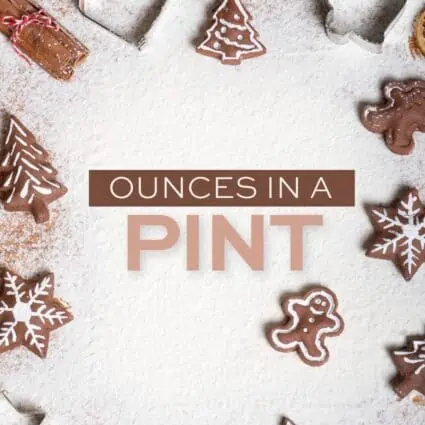
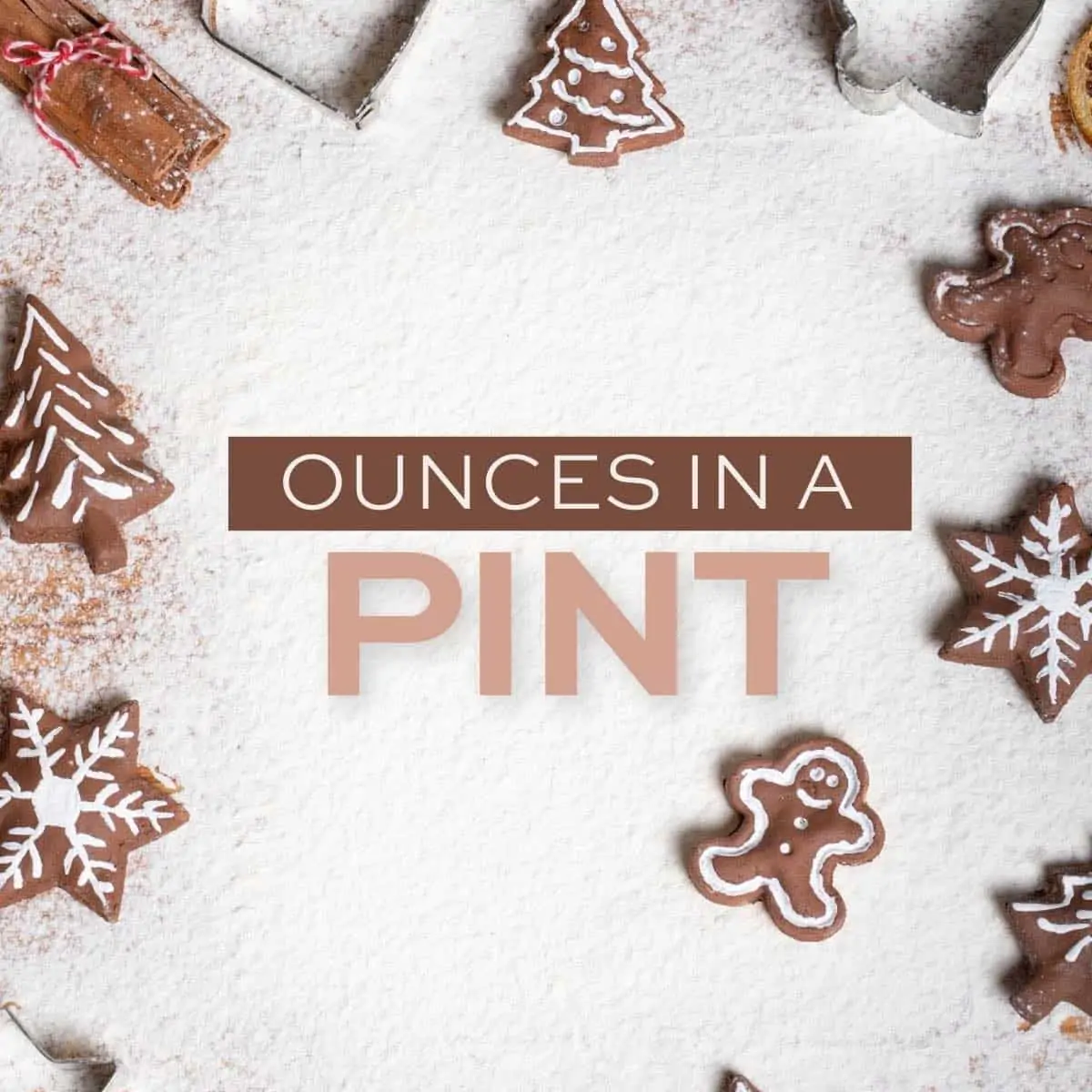
Whether you were a star student in math class or struggled to get a passing grade, figuring out equivalent measures and recipe conversions can confuse anyone. Kitchen math should be a whole separate subject, but no one seems to be teaching it!
Take comfort knowing that you’re not alone. Let’s take a closer look a fundamental question that plagues many cooks: How many ounces are in a pint?
Table of Contents
What Is An Ounce?
Derived from the Roman word “uncia,” this was once 1/12th of a copper bar that was a tool designed to measure the length of an inch and the weight of an ounce. Since it’s unlikely you’ve seen anyone grab their copper bars along with spatulas and whisks, it should come as no surprise that this system is no longer in use.
Modern ounces are defined by the British metric system. Fluid ounces and dry ounces are accounted for differently; fluid ounces are describing weight, whereas dry ounces are used for volume. A fluid ounce equals 28.3 grams, which is 1/16th of an Imperial pint or 1/16th of a pound.
What Is A Pint?
The word “pint” is derived from the old French term “pinte” and the Latin term “pincta,” which was used to describe markings on containers. Pints today are most commonly associated with beer, which might help you figure out conversions if you’re a barfly. In the US, a pint is 16 fluid ounces, which in this case is equal to two cups in volume.
1 US Pint = 16 fluid ounces = 2 cups
However, in Britain, a pint would equal 20 ounces. That’s why it’s critical to take the country of origin into consideration when converting recipes with kitchen math.
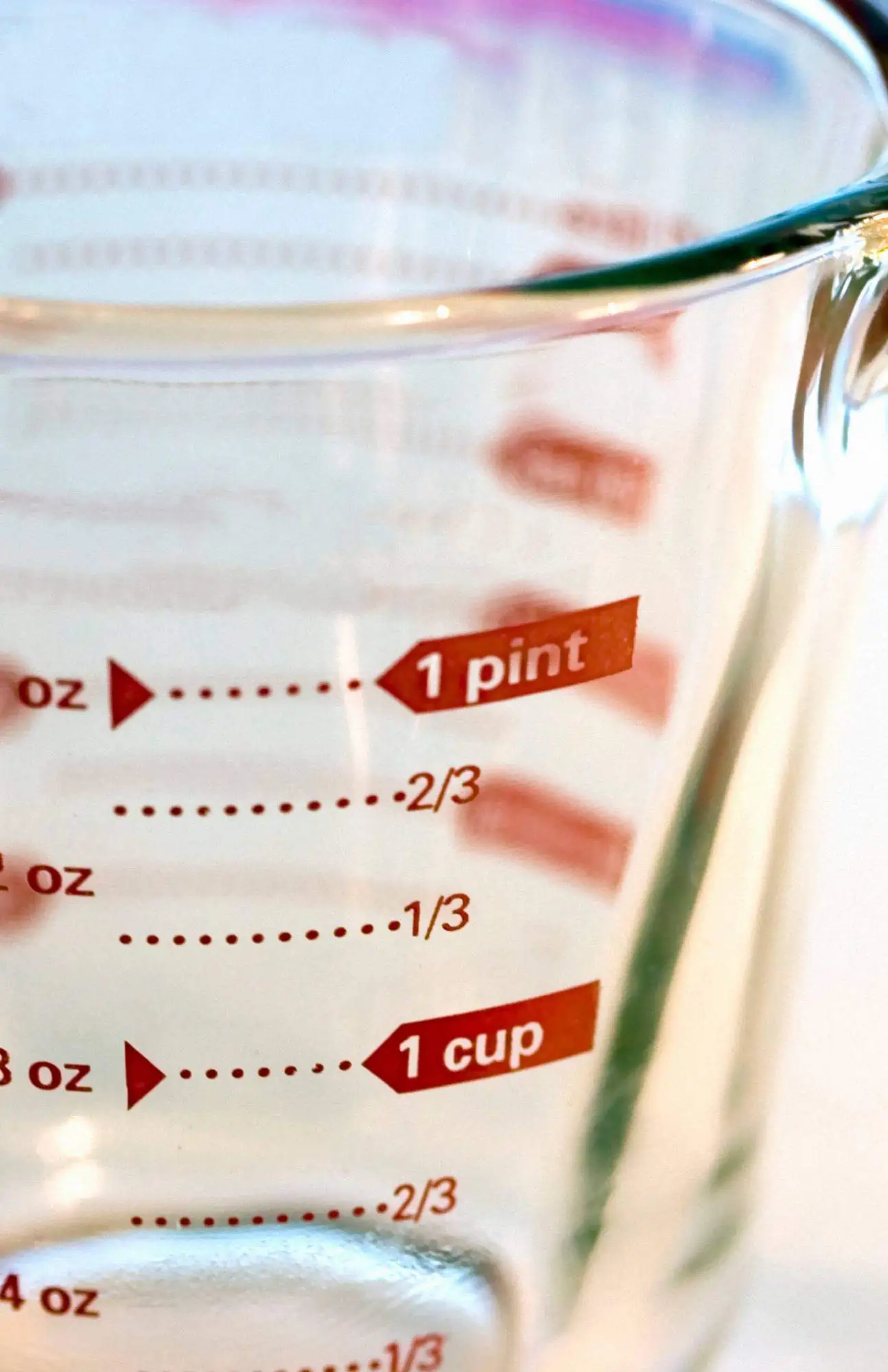
How Many Ounces In A Pint?
Assuming we’re talking about a recipe developed by an American writer for an audience in the United States, the equation is very simple.
1 US pint always equals exactly 16 fluid ounces (fl oz).
For a quick reference, you can refer to the table below for more common measures.
| Fluid Ounces | Pints |
| 16 ounces | 1 pint |
| 14 ounces | ⅞ pint |
| 12 ounces | ¾ pint |
| 10 ounces | ⅝ pint |
| 8 ounces | ½ pint |
| 6 ounces | ⅜ pint |
| 4 ounces | ¼ pint |
| 2 ounces | ⅛ pint |
How Many Ounces in a Cup?
1 Cup = 8 fluid ounces = ½ Pint
How Many Ounces in a Quart?
We have an article specifically about how many ounces are in a quart—but here is the basic conversion.
1 Quart = 2 Pints = 32 fluid ounces = 4 cups
Imperial Fluid Ounce vs U.S. Fl Oz
The imperial system was formed in the United Kingdom via the Weights & Measures Act of 1824. The “founding fathers” that broke away from Britain to form what would become the US left before this standardization was enforced. Thus, those living in America had to devise their own units of measure. This unconventional approach is now used officially only by three countries in the world: the United States, Liberia, and Myanmar.
What Is a Pintchen?
This is another similar measurement that you’ll find used to describe the volume of beverages only in Germany. A pintchen is a smaller pour, coming in at only 11.2 ounces, or slightly less than 1 ¼ cups in volume. More accurately, it’s a glass of a third of a liter, usually seen in Cologne and the Rhineland in particular.


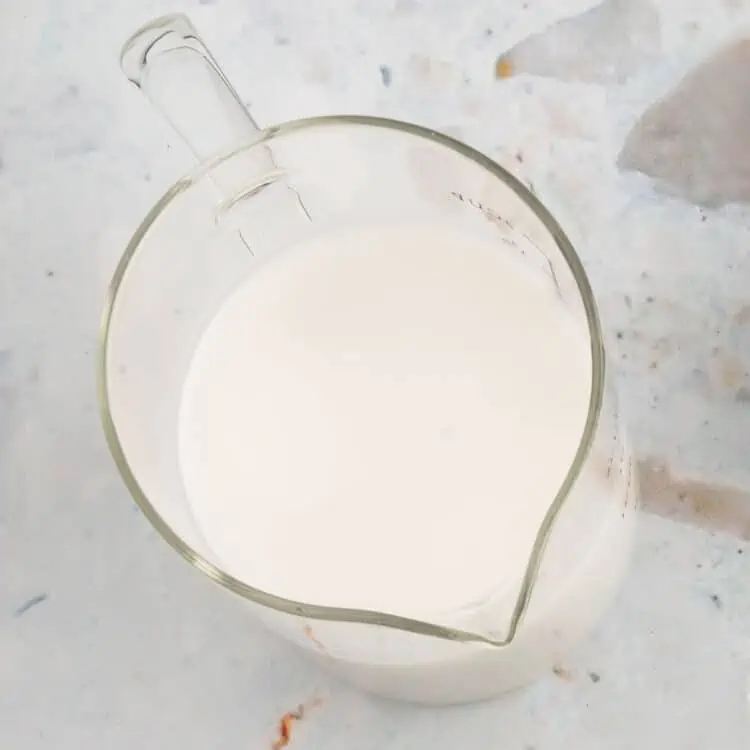

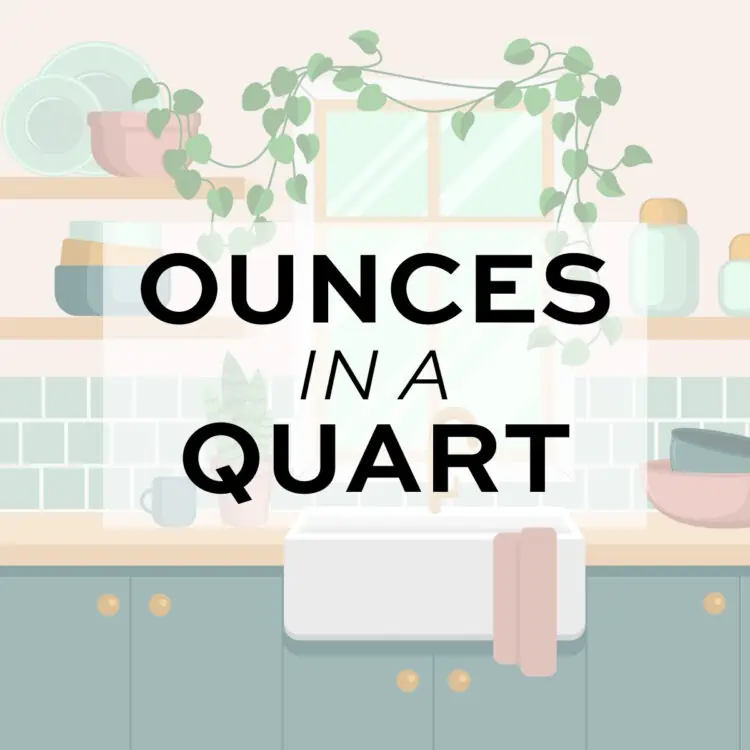

Leave a Comment
Love these super informative
Thanks for such a helpful article! Definitely will be referencing this in the future!